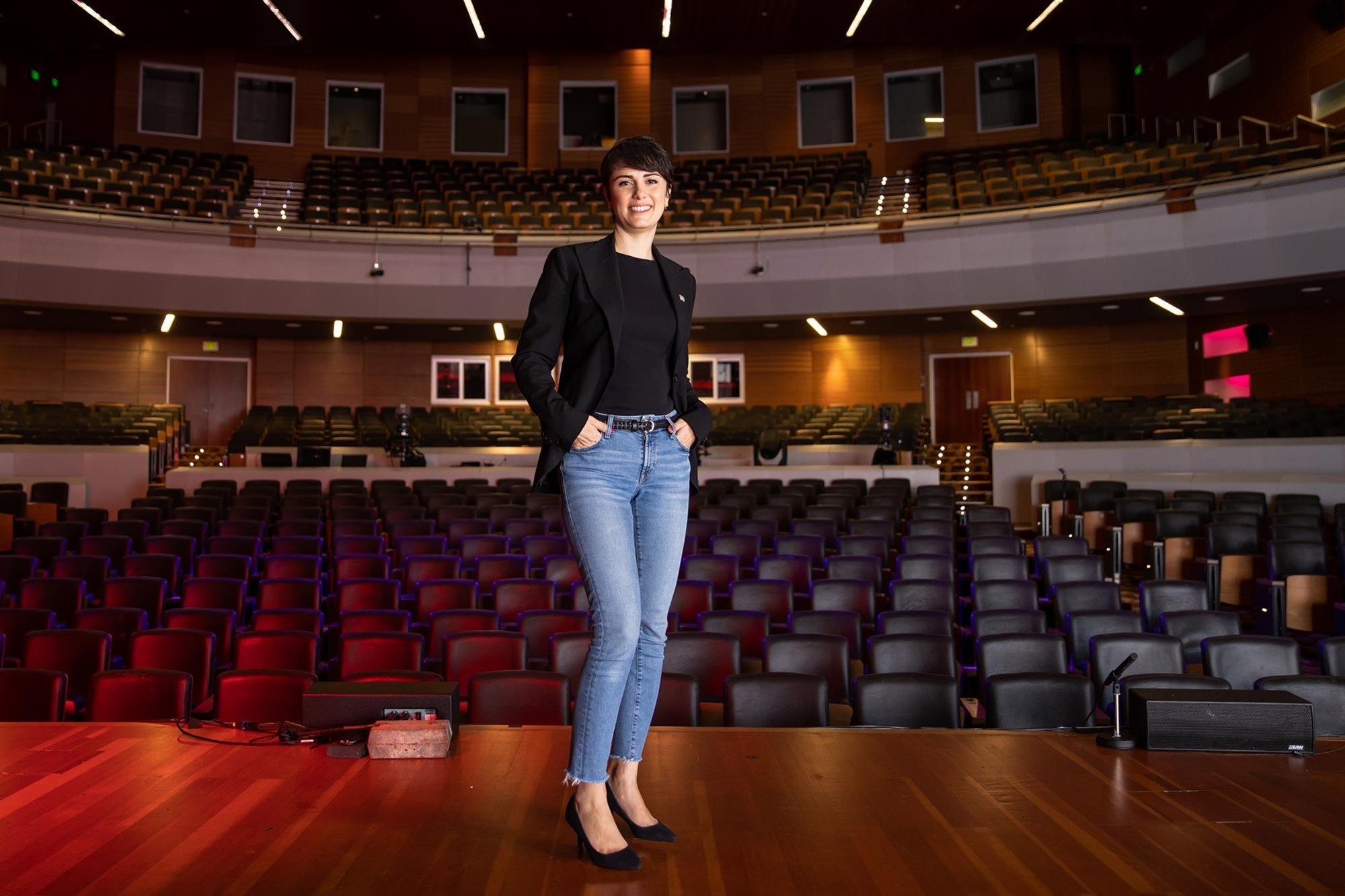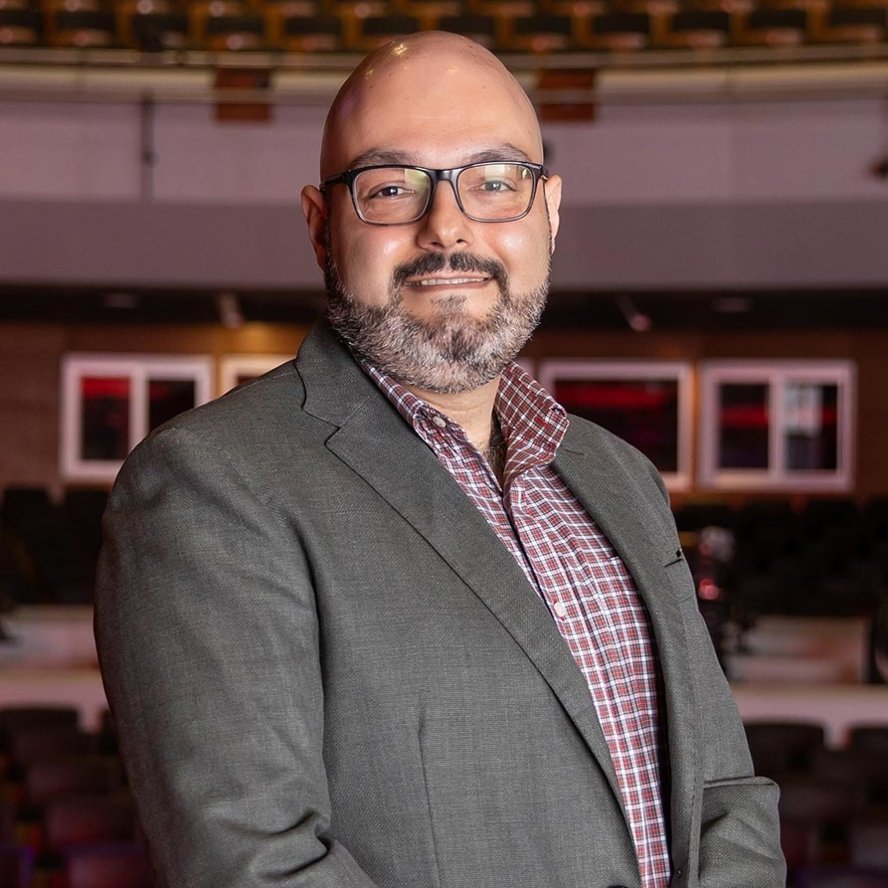
It was while in pursuit of a place where she would be surrounded by like-minded peers that Derya Baran found KAUST the best place to live and work. Even though she had multiple opportunities to stay in the United Kingdom or move to the United States, Baran chose KAUST because of its abundant resources and the research freedom it offered, as well as its proximity to her family in the region.
Baran earned her bachelor’s degree in Chemistry from the Middle East Technical University (METU-ODTU) in Turkey in 2008 before pursuing her master’s degree in the same field in 2010 working in Prof. Serdar Sariciftci’s labs in Austria. Moving to Germany for her Ph.D. in Material Science and Engineering at Friedrich-Alexander University, Nuremberg, Germany, she received her degree in 2014. Baran then worked as a Joint-Helmholtz Association Researcher between Imperial College London and the Julich Research Center in Germany before joining KAUST in 2017. Baran is currently an Associate Professor of Material Science and Engineering in the Physical Science and Engineering Division at KAUST as well as a member of its prestigious Solar Center.
For researchers, she says, “KAUST is everything you could dream of and more.” As a junior faculty member, she has not only worked at the university’s world-class facilities together with the very talented faculty in the Solar Center, she even has had the freedom to build her own lab and assemble her own research team. Baran refers affectionately to KAUST as a “Disney Land” for scientists.
Currently, Baran and her research team are working on multiple projects at KAUST, such as the development of new multifunction materials that can be produced using 3D printers for sensing applications. Baran and her team are also developing wearable technologies (electronic skin) comprised of more sustainable materials.
Due in part to the growing demand for electricity and people’s reliance on fossil fuels, Baran’s research interests additionally include energy, specifically solar power. Among other things, her team is focused on developing organic photovoltaics and other energy conversion technologies that have the potential to broaden access to solar energy.
Naturally, Baran’s role at KAUST extends to instructing students. She puts particular emphasis on the importance of nonacademic research related skills that students must develop. Believing in the importance of working as a unit, she and her team go on group retreats to hone their teamwork and collaboration skills. In addition, she works with other professionals to improve the leadership skills that students need outside of the academic and research world. Baran describes herself as “authentic, driven, and family-oriented,” three of the main attributes that she lives by and strives to pass on to her students. For this reason, she endeavors to foster an academic environment defined by clear and honest communication with her students, research team, and fellow faculty members.
Being a female scientist is challenging wherever you are, she says, especially if you are a wife and mother. For this reason, living near the Solar Center at KAUST has been especially important for Baran to pursue her dreams. The daycare facilities offered by the university allow her to spend more time at the lab working on her projects. Living at KAUST has even benefited her spouse who has found an opportunity there to start his own company.
Baran still questions why she chose science out of all of the professions that were available to her. While she had the motivation and grades to do whatever she wanted, science came into her life in a way that showed her who she was and what she was capable of. To her, science is a tool that enables one to make a positive impact on the world, helping solve some of the global problems we all face. Describing what has driven her career, Baran says simply, “I absolutely love traveling, learning, and transferring knowledge.”



